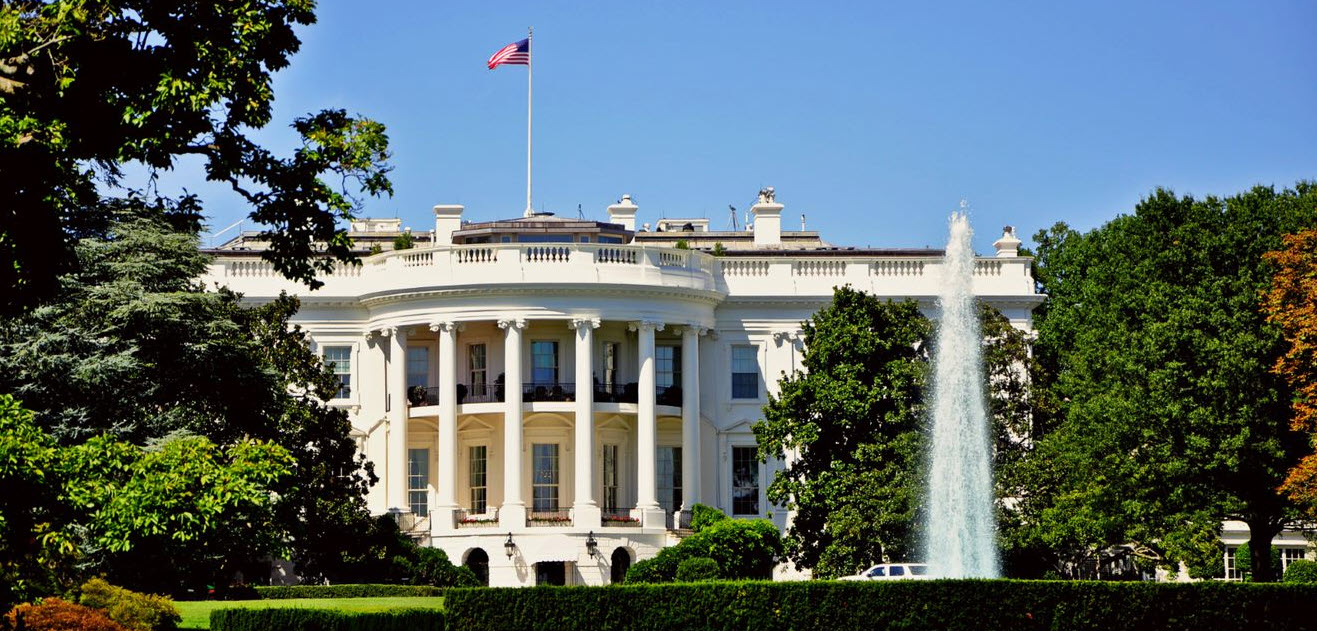In brief
On 4 October 2023, Deputy Attorney General Lisa Monaco of the U.S. Department of Justice announced a new DOJ-wide policy that seeks to provide greater certainty as to the potential benefits to acquirers that uncover criminal conduct at a target company. The DOJ’s Mergers & Acquisitions Safe Harbor Policy (“Safe Harbor Policy”) for voluntary self-disclosures provides greater certainty to acquirers who:
- Self-report within the safe harbor period
- Fully cooperate with the DOJ in its investigation
- Engage in requisite, timely, and appropriate remediation, pay restitution, and disgorge any ill-gotten gains
that they will receive a presumption of a declination by the DOJ. The safe harbor time periods are six months after the deal’s closing to voluntarily self-disclose, and one year after the closing to remediate appropriately and timely. These two timeframes may be extended on a case-by-case basis under a “reasonableness analysis” to be applied by the DOJ.
The Safe Harbor Program is consistent with the DOJ’s Corporate Enforcement Policy and DOJ officials’ earlier pronouncements towards assuring acquirers that the DOJ will not unduly punish them if they voluntarily self-disclose, fully cooperate in the DOJ’s investigation of, and timely and appropriately remediate a target’s criminal conduct. The DOJ’s introduction of fixed time frames and a reasonableness analysis seek to address continuing uncertainty as to whether and to what extent the DOJ would extend such benefits based on the particular facts of a given transaction. Nevertheless, without a clear history of administering this new program, uncertainty remains. In addition, the incentives that the Safe Harbor Program will create for both acquirers and sellers may vary greatly depending on the facts of the transaction. Clients thus should carefully evaluate the benefits and risks of applying for a DOJ declination under the Safe Harbor Program. Finally, DAG Monaco’s 4 October remarks re-emphasized the DOJ’s continued focus on the quality of internal corporate compliance programs, which further supports clients continued investment in having an effective compliance program.
At bottom, the Safe Harbor Policy represents an incremental improvement on existing DOJ policy that has the potential, over time and if administered consistent with its goals, to provide greater certainty to acquirers.
In-depth
DOJ continues to incentivize corporate behaviors
This announcement made by DAG Monaco during her remarks delivered at the Society of Corporation Compliance and Ethic’s 22nd Annual Compliance & Ethics Institute comes as no surprise. Principal Associate Deputy Attorney General Marshall Miller stated last month that DAG Monaco was going to announce new guidance specific to the M&A context. The DOJ has sought to incentivize companies to proactively ensure compliance with the laws. Monaco stated, “I announced in March that every DOJ component engaged in corporate criminal enforcement now has a voluntary self-disclosure policy. So, when companies promptly disclose misconduct, fully and in a timely manner, they can take advantage of the programs’ benefits in any type of case, in any part of the Department, and in any part of the country.” See also United States Attorneys’ Offices Implement New Voluntary Self-Disclosure Policy – Baker McKenzie InsightPlus.
The DOJ has previously attempted to alleviate the concerns of acquirers subject to the Foreign Corrupt Practices Act (FCPA) about being unduly punished for conduct that occurred at the target, and the non-level playing field created relative to acquirers that were not subject to the FCPA. The DOJ’s recently revised Corporate Enforcement Policy1, which extended the application of the previous FCPA Corporate Enforcement Policy to all DOJ corporate criminal matters, established a presumption of a declination for acquirers in the M&A context if certain conditions are met:
The Criminal Division recognizes the potential benefits of corporate mergers and acquisitions, particularly when the acquiring entity has a robust compliance program in place and implements that program as quickly as practicable at the merged or acquired entity. Accordingly, where a company undertakes a merger or acquisition, uncovers misconduct through thorough and timely due diligence or, in appropriate instances, through post-acquisition audits or compliance integration efforts, and voluntarily self-discloses the misconduct and otherwise takes action consistent with this Policy (including, among other requirements, the timely implementation of an effective compliance program at the merged or acquired entity), there will be a presumption of a declination2.
Revisions to the FCPA Corporate Enforcement Policy sought to provide additional incentives to companies that voluntarily self-report corporate criminal misconduct, even if disqualifying “aggravating factors” exist. What exactly qualifies as an “appropriate case” remains unclear. Nor did the Policy provide for fixed timelines and other certain criteria. Thus, while the DOJ has previously offered a declination to an acquirer in the FCPA context3, substantial uncertainty remained as to how the DOJ would approach a particular M&A transaction, especially those in which there were aggravating factors at the acquired company.
Safe Harbor Policy specifics
Key features of the Safe Harbor Policy include:
- The corporate self-disclosure must be timely. In order to qualify for the Safe Harbor, companies must self-disclose misconduct discovered at the acquiring entity within six months of the deal closing. Monaco also clarified that if the misconduct involves imminent harm or national security, companies cannot wait until the six-month deadline to self-disclose.
- Following the self-disclosure, companies will then have one year after the deal closing to fully remediate the misconduct.
- The DOJ will apply a “reasonableness analysis” to these two-time frames and will take into account the specific circumstances of a particular transaction to allow these two deadlines to be extended on a case-by-case basis.
- The presence of aggravating factors at the target will not impact the acquiring entity’s ability to qualify for the Safe Harbor, so long as there are no aggravating factors present at the acquiring entity itself.
- Misconduct disclosed under the Safe Harbor Policy will not affect any recidivist analysis for any future self-disclosures made by the reporting acquiring company.
In addition, DAG Monaco’s 4 October remarks emphasized the DOJ’s continued focus on the quality of internal corporate compliance programs that mitigate compliance risk: “We are placing an enhanced premium on timely compliance-related due diligence and integration. Compliance must have a prominent seat at the deal table if an acquiring company wishes to effectively de-risk a transaction”.
Key takeaways
- Before self-disclosing potential criminal conduct to the DOJ pursuant to the Safe Harbor Program, acquirers should consult counsel in order to understand the benefits and risks associated with self-disclosure under all applicable policies.
- The Safe Harbor Program will incentivize acquirers to identify potential criminal conduct in pre-closing due diligence, or post-closing integration during the safe harbor period. Compliance personnel should be engaged to participate early on in the deal process and on the integration team.
- Without an established track record and a body of precedent declinations, it still is an open question whether the DOJ will focus on certain deal characteristics, or if they will be truly sensitive to the synergies and drivers of deal value in a particular transaction in applying the reasonableness qualifier.
- It is also an open question how the DOJ will calculate disgorgement, and how the DOJ will precisely draw the line between gains that accrued pre- versus post-acquisition.
- This new Safe Harbor appears to apply specifically to companies and not individuals. The DOJ has been placing an increased emphasis on pursuing individual wrongdoers. Companies will have to weigh the benefits of self-disclosure carefully if there is risk that its executives may remain subject to prosecution.
- The Safe Harbor Policy, if it engenders the certainty it seeks to provide, may also allow greater ability to value a target and determine a bid price, and level the playing field among potential acquirers. However, for acquirers that seek to drive value from retaining the target’s management team, the Safe Harbor Policy may provide lesser comfort. Further, there remains a risk that sellers with senior managers who participated in misconduct may themselves disfavor acquirers subject to the FCPA that may be inclined to avail themselves of the Safe Harbor Program—thereby potentially replicating an uneven playing field.
- Non-U.S. jurisdictions increasingly are enforcing their anticorruption and other criminal laws. It is not certain that jurisdictions outside of the U.S. will support this DOJ policy, and companies should consider the risks of local (non-U.S.) enforcement for any transactions involving multiple jurisdictions.
- In many international deals, acquirers gain comfort from the ability to have recourse to get Representations and Warranties Insurance (RWI) for a target’s breaches of representations and warranties. In general, RWI does not apply to violations of those contractual provisions that were known to the buyer prior to closing. Further, it is unclear if RWI would cover the costs of the investigation needed to comply with the Safe Harbor Program’s requirements, or any restitution or disgorgement required to be paid under the Safe Harbor Program.
1 U.S. Dept. of Justice, Justice Manual § 9-47.120
2 Id., § 9-47.120(4).
3 See Dep’t of Justice, Crim. Div., Re: Safran S.A. (Dec. 21, 2022).



